How Josh Kaufman Does Research
The author of The Personal MBA shares his
process for finding answers hiding in plain sight

This piece was co-written by Dan Shipper and Natasha Frost.
这篇文章是由丹·希珀和娜塔莎·弗罗斯特共同撰写的。
For most of us, the world is full of questions.
对于我们大多数人来说,世界充满了问题。
For Josh Kaufman, it’s full of answers — if you know where to look.
对于乔什·考夫曼来说,它充满了答案——只要你知道在哪里寻找。
His mission is to help his readers “upgrade the software in their brains” and he thinks that he can do that — not by discovering anything new — but by trawling through the vast academic literature that no one has time to read in search of the hidden nuggets of information that will be most useful to regular people.
他的使命是帮助读者“升级他们大脑中的软件”,他认为他可以通过搜索广阔的学术文献,寻找对普通人最有用的隐藏信息,而不是通过发现任何新的东西来实现这一目标。
He’s made a career out of it: turning esoteric research on everything from management to business strategy to learning into best-selling books like The Personal MBA and The First 20 Hours.
他以此为职业:将关于管理、商业战略和学习等各种深奥研究转化为畅销书,如《个人工商管理硕士》和《前20小时》。
His job seems extremely fun: he has an unlimited book budget for himself, and he spends pretty much all of his time reading and writing. And over the years, he’s developed and improved a set of systems to help him conduct his research, find patterns, and churn out the books that he’s known for.
他的工作似乎非常有趣:他有一个无限的书籍预算供自己使用,几乎所有的时间都花在阅读和写作上。多年来,他开发和改进了一套系统,帮助他进行研究,找到模式,并完成他所知名的书籍。
But it turns out that research isn’t just an academic exercise for Kaufman.
但事实证明,对于考夫曼来说,研究并不仅仅是一种学术活动。
Ten years ago, he began struggling with a mystery disease — with a set of symptoms that completely mystified his doctors. Over the ensuing years he used the same research skills he built to write his books, to help track down and confirm a diagnosis — one that has helped to significantly relieve his symptoms.
十年前,他开始与一种神秘的疾病斗争——一组症状完全让他的医生感到困惑。在接下来的几年里,他利用他撰写书籍所建立的研究技能,帮助追踪和确认了一个诊断——这个诊断帮助显著缓解了他的症状。
So how does he find answers hiding in plain sight? Let’s dive to explore!
那么他如何找到明摆着的答案呢?让我们深入探索一下!
In this interview, we spoke about how he:
在这次采访中,我们谈到了他如何:
- Reads and processes so much research
阅读并处理如此多的研究 - Uses two computers to make sure he can focus during his writing time
使用两台电脑确保他在写作时间能够集中注意力 - Uses the “autofocus” system to manage his todo list
使用“自动对焦”系统来管理他的待办事项清单 - Avoids burnout by varying the work he takes on
通过接受不同的工作来避免工作过度累积 - Tracked down the diagnosis to a mystery illness that plagued him for years
追踪到了多年来困扰他的一种神秘疾病的诊断结果
Josh introduces himself 乔希介绍自己
I write books about interesting and important topics that help people in their day-to-day personal and professional lives, including The Personal MBA, The First 20 Hours: How to Learn Anything… Fast!, and How to Fight a Hydra.
我写关于有趣和重要主题的书籍,帮助人们在日常个人和职业生活中,包括《个人工商管理硕士》、《前20小时:如何快速学习任何事物!》和《如何对抗九头蛇》。
Before that I worked in brand management, product development, and marketing measurement for Procter & Gamble's Home Care division. I also advise business owners in industries from entertainment to healthcare.
在此之前,我在宝洁公司的家居护理部门从事品牌管理、产品开发和市场测量工作。我还为从娱乐到医疗等各行各业的企业主提供咨询。
These days, I am mostly working on practical and research-based approaches to making more money, getting more done, and enjoying daily life.
这些日子,我主要致力于实践和基于研究的方法,以赚更多的钱,完成更多的任务,并享受日常生活。
I hunt down insightful existing knowledge that people have forgotten or ignored
我追寻人们已经遗忘或忽视的有见地的现有知识
My job is to mine the literature in important areas of people’s lives to find more effective ways of solving or approaching problems that draw on this body of knowledge. The more reading I do, the more I’ve discovered that people aren’t typically paying attention to a huge corpus of pre-existing knowledge, often decades-old. I try to extract the best parts of it, and distill how people can apply that to their lives.
我的工作是挖掘与人们生活中重要领域相关的文献,寻找更有效的解决问题或处理问题的方法,这些方法基于已有的知识体系。我读得越多,就越发现人们通常没有注意到一个庞大的、常常有几十年历史的现有知识库。我试图提取其中最好的部分,并概括人们如何将其应用到他们的生活中。
I like to think of it as upgrading the software in people’s brains. This means helping them to understand what they want, align their values and objectives, create a solid strategy to get it, and stop doing all things that get in the way of better results.
我喜欢把它看作是升级人们大脑中的软件。这意味着帮助他们理解自己想要什么,调整价值观和目标,制定一个可靠的策略来实现,停止做一切妨碍更好结果的事情。
I read constantly, with rules for how I organize and digest different kinds of books
我不断阅读,有规则来组织和消化不同类型的书籍
On any given day, I’ll spend as much as 75% of my time reading. Any book within the wheelhouse of things that I’m interested in exploring goes straight into the Amazon shopping cart and is on my doorstep in a day or two.
在任何一天,我会花费高达75%的时间阅读。任何与我感兴趣的领域相关的书籍都会直接放进亚马逊购物车,一两天后就会送到我家门口。
I have an unlimited book budget, and an overflowing library, as a result. When we lived in New York City, the walls of our 340-square-foot apartment were lined with books. When my wife and I built a new house, we put in massive, built-in bookshelves. Those books are sorted alphabetically, by title. In our kitchen, however, my wife likes to organise cookbooks by color, a minor crime against humanity.
我有一个无限的书籍预算,因此我的图书馆里书籍堆积如山。当我们住在纽约市时,我们340平方英尺的公寓墙壁上都是书。当我和妻子建了一座新房子时,我们安装了巨大的内置书架。这些书按标题字母顺序排列。然而,在我们的厨房里,妻子喜欢按颜色整理烹饪书籍,这是对人类的轻微犯罪。
I also have rules about how to read fiction versus non-fiction. I typically listen to fiction as an audiobook while washing the dishes or doing something else. But for nonfiction, I prefer sitting down with a physical copy to absorb the information.
我对于阅读小说和非小说也有一些规则。通常我会在洗碗或做其他事情的时候听小说的有声书。但对于非小说,我更喜欢坐下来阅读实体书籍以吸收信息。
I start every non-fiction read by scanning the entire book in 10 to 15 minutes, starting with the table of contents and index, to get a gist for the author’s argument and important concepts and themes that come through in headlines and call-outs. In my heaviest reading period, when I was putting together the Personal MBA reading list, I would preview 10 or 15 books a day this way.
我开始阅读每一本非小说类书籍时,会在10到15分钟内浏览整本书,从目录和索引开始,以了解作者的论点以及在标题和引用中体现出来的重要概念和主题。在我阅读最多的时期,当我正在整理《个人工商管理硕士阅读清单》时,我每天会以这种方式预览10到15本书。
When reading physical books, I take handwritten notes to organize my thoughts
阅读纸质书时,我会做手写笔记来整理思绪
Another benefit of using physical books for my research is the handwritten notes I keep in notebooks, which form the backbone of my writing. I date every note I take and use them to check quotes or references. The system also helps me retain the information better. (Read more about that here.)
使用实体书进行研究的另一个好处是我在笔记本中记录的手写笔记,它们构成了我写作的基础。我会给每个笔记标注日期,并用它们来核对引用或参考资料。这个系统还帮助我更好地记住信息。(在这里阅读更多相关内容。)
When I am really wrestling with a deep read of the text, I might write so much that I move to a small notebook or pile ideas into a few long-term research documents.
当我真正深入阅读文本时,我可能会写很多东西,以至于我会转到一个小笔记本上,或者将想法堆积到几个长期研究文件中。
I often write the first draft of books and essays by hand. That may not seem efficient, but formulating abstract concepts across industries, markets, life situations, as I do, requires a mental workout with the material that I can only achieve on paper. I try to transcribe my drafts and notes as quickly as possible to make a backup, edit the text, and organize it into the overall structure of the finished work.
我经常手写书籍和文章的初稿。这可能看起来不高效,但像我这样在不同行业、市场和生活情境中构思抽象概念的工作,需要我在纸上进行一种思维锻炼,这是我只能通过纸质材料来实现的。我尽量快速地抄录我的草稿和笔记,以备份、编辑文本,并将其组织到最终作品的整体结构中。
When it comes to online reading, I use electronic note-taking tools
谈到在线阅读时,我使用电子笔记工具
I save the things I read online, too, in a digital research library. I’ve long used Evernote to clip the full text of articles I find and gather them in various digital notebooks, separated into categories for easy reference. I can full-text search everything that I've saved over the past decade, to find the citation really quickly. The combination of my physical library and my note-taking softwares act as a kind of external brain—in other words, my memory gets me to the original source of what I’ve read by searching my notebooks, Evernote, or Pinboard.
我也会保存我在网上阅读的东西,保存在一个数字化的研究图书馆中。我长期以来一直使用Evernote来剪辑我发现的文章的全文,并将它们收集到各种数字笔记本中,按照不同的分类进行分隔,以便于查找。我可以全文搜索过去十年保存的所有内容,以便快速找到引用。我的实体图书馆和笔记软件的结合起到了一种外部大脑的作用,换句话说,通过搜索我的笔记本、Evernote或Pinboard,我的记忆能够帮助我找到我所阅读内容的原始来源。
Recently I’ve been migrating this clip-taking to Pinboard, inspired by a Superorganizers post. Pinboard is much like Evernote, but allows you to tag clipped articles into multiple categories. Pinboard automatically saves a full-text version of each page you clip, so you can search and reference the text even if the website is removed or the page is no longer available.
最近,受到Superorganizers的一篇文章的启发,我开始将剪辑保存到Pinboard上。Pinboard与Evernote类似,但允许你将剪辑的文章标记到多个分类中。Pinboard会自动保存每个剪辑页面的全文版本,这样即使网站被删除或页面不再可用,你也可以搜索和引用文本。
I also use electronic tools to transition from reading and processing to drafting
我还使用电子工具从阅读和处理过渡到起草
The drafting process is always the most painful part of writing for me. You have to synthesize a lot of disparate pieces of information and then translate their meaning for other people. To facilitate this process, I use a writing application called Ulysses for breaking information up into chunks I can easily move around. It uses numbered cards that you can rearrange or group.
起草过程对我来说总是写作中最痛苦的部分。你必须综合许多不同的信息,并将它们的意义翻译给其他人。为了促进这个过程,我使用一个叫做Ulysses的写作应用程序,将信息分解成我可以轻松移动的块。它使用编号卡片,你可以重新排列或分组。
I group my cards into the individual chapters, and keep an archive of the dead versions of my drafts. I'll just throw everything into whatever chapter format works for me, then go through multiple iterations until I get to the end result. It’s been a pretty consistent system for writing across my books. For The Personal MBA, Ulysses helped me transform my initial draft from a traditional longform nonfiction narration to one composed of many small chunks in organized chapters.
我将我的卡片分成各个章节,并保留了我草稿的旧版本的档案。我只是把所有东西都扔进适合我的章节格式中,然后经过多次迭代,直到达到最终结果。这对我写作的系统在我的书中一直很稳定。对于《个人工商管理硕士》,尤利西斯帮助我将最初的草稿从传统的长篇非虚构叙述转变为由许多小块组成的有组织章节的形式。
This is my Ulysses setup for How to Fight a Hydra. In the sidebar, you can see my three working drafts of the book. My archive of past projects is below the active title, so I can keep them out of sight and avoid cluttering the workspace.
这是我为《如何对抗九头蛇》准备的尤利西斯设置。在侧边栏中,您可以看到我对这本书的三个工作草稿。我的过去项目的存档位于活动标题下方,这样我就可以将它们隐藏起来,避免工作区杂乱。
If I’m not working with a large publisher, I have my own editing and publishing toolchain that I whipped up in Ruby, which turns Markdown manuscripts (a common formatting language for plain text documents) into finished PDFs in about 20 milliseconds.
如果我不与大型出版商合作,我有自己的编辑和发布工具链,是用Ruby编写的,可以将Markdown手稿(一种常见的纯文本文档格式语言)转换为完成的PDF文件,大约需要20毫秒。
Separating tasks across two computers helps me focus
将任务分配到两台计算机上有助于我集中注意力
To keep my writing process separate from the distractions of day-to-day life, I have two computers, one for writing, and one for everything else. I've learned over the years that my biggest enemy when it comes to writing productivity is the internet. It often feels like I’m trying to absorb every webpage on the internet through my eyeballs, and that's just draining. That’s why I have an office computer, with Safari, email, and everything else—and a writing computer with little beyond a word processor and software for focused tasks like screencasting and video calls.
为了将写作过程与日常生活的干扰分开,我有两台电脑,一台用于写作,另一台用于其他事务。多年来,我发现对于写作效率来说,互联网是我最大的敌人。常常感觉自己在试图通过眼睛吸收互联网上的每个网页,这非常耗费精力。这就是为什么我有一台办公电脑,上面有Safari、电子邮件和其他一切,还有一台专门用于写作的电脑,上面只有一个文字处理器和用于专注任务的软件,如屏幕录制和视频通话。
My writing computer is as locked down as I can possibly make it. I even tried to uninstall Safari entirely, which was only marginally successful—it's built in there pretty deep. When I’m working on a writing project, I’ll sometimes find a point where my brain gets tired and I bring up Twitter, or something like it, just to have a mental break. Putting up as many barriers to that happening as possible is definitely a trick that I’ve gotten a lot of mileage out of over the past decade plus.
我的写作电脑已经尽可能地被锁定了。我甚至尝试彻底卸载Safari,但只有些微的成功——它被深深地内置在那里。当我在写作项目时,有时候我会发现我的大脑变得疲惫,于是我会打开Twitter或类似的东西,只是为了休息一下。尽可能地设置屏障来阻止这种情况发生,这绝对是我在过去十多年中得到了很多好处的一个技巧。
I use the autofocus system to help me get my tasks done
我使用自动对焦系统来帮助我完成任务
The problem with the classic to-do list is that it gets unmanageable. You can't find anything, things just keep adding to the bottom, you feel super exhausted and overwhelmed with all of the things that are yet undone. For years I’ve used the autofocus system of Mark Forster, a British time management author, to help me solve this.
经典待办事项清单的问题在于它变得难以管理。你找不到任何东西,事情只会不断添加到底部,你感到非常疲惫和不知所措,因为还有很多事情没有完成。多年来,我一直使用英国时间管理作家马克·福斯特的自动对焦系统来帮助我解决这个问题。
The basic gist of the system is this: I keep a bulleted list of every task that comes up over time. I keep it as a text file on my computer. But you can use anything — it’s just a bulleted list. The list is long and disordered and most things aren’t done. Whenever something new comes up that I have to do I just append it to the end of the list and forget about it.
系统的基本要点是这样的:我会随着时间的推移,将每个任务都列成一个项目清单。我将其保存为计算机上的文本文件。但你可以使用任何东西——只要是一个项目清单就行。这个清单很长,没有顺序,大部分事情都没有完成。每当有新的任务出现时,我只需将其添加到清单的末尾,然后忘记它。
Then, every day I scan through that long list and pick out three or four things that I’m committing to doing that day. This is what I call my “today” list, and I keep it on a three-by-five note card that I carry around with me. The things on this notecard are the only things I need to worry about for the day—I can leave behind all of the other stuff on my plate.
然后,每天我浏览那个长长的清单,挑选出我当天要做的三四件事情。这就是我所谓的“今天”清单,我把它写在一张三乘五的便签纸上,随身携带。这张便签上的事情是我当天唯一需要担心的事情,其他的事情我可以放下。
If I get all of those things done, then great, I’ll just refer back to my bulleted list and add a couple more things to the notecard.
如果我完成了所有这些事情,那太好了,我只需要回顾一下我的项目清单,然后在便签上再添加几件事情。
I keep a daily list of everything I get done, to reward myself and test my goals
我每天都会列出我完成的所有事情,以奖励自己并测试我的目标
Over the years, I’ve also kept a dailylog. Think of it as your “done” list, instead of your “to-do” list. The list is just bullet points—not what I planned to do, but what I actually did that day. It doesn’t matter if those things appeared on my to-do list at the beginning of the day. It’s where I put order numbers when I buy something online, where I log any sizable commit I make in programming, or feature I add to a project I’m working on.
多年来,我也一直保持着日志记录。把它看作你的“已完成”清单,而不是“待办”清单。这个清单只是一些要点,不是我计划要做的事情,而是我实际上在那一天做了什么。这并不重要,这些事情是否在那一天开始时出现在我的待办清单上。这是我在线购物时放置订单号码的地方,也是我在编程中进行的任何重要提交或我正在进行的项目中添加的功能的记录地方。
It’s a good way to measure whether what you did is actually aligned with your goals and priorities: If not, you should probably change your approach. But it also gives you credit for things you did that you couldn’t plan for, like caring for a sick child. It may not reflect how the to-do list looked at the beginning of the day, but it’s still progress, along different parameters.
这是衡量你所做的事情是否与你的目标和优先事项相符的好方法:如果不符合,你可能需要改变你的方法。但它也会给你对那些你无法计划的事情的认可,比如照顾生病的孩子。它可能不会反映出一天开始时的待办事项清单,但仍然是在不同的参数下的进步。
Finally, I keep a “noodle” file as my “want to come back to it later” file. It’s where I put notes for blog post ideas, my Dungeons and Dragons campaign, and so on.
最后,我保留了一个“面条”文件作为我“以后要回来看”的文件。这是我放置博客文章创意、我的龙与地下城战役等的地方。
Switching up the kind of work I do throughout the day helps avoid burnout
改变我一天中所做的工作类型有助于避免工作疲劳
Staying productive in research and writing requires stepping away. Writing all day, every day, isn’t sustainable. If I were writing 24/7, I would get so burned out and depressed that my productivity would nosedive. I can focus on writing for 3-4 hours per day. After that, the quality of my work suffers.
保持在研究和写作中的高效率需要适时休息。每天整天写作是不可持续的。如果我一直写作24/7,我会感到非常疲惫和沮丧,我的工作效率会急剧下降。我每天可以专注于写作3-4个小时。之后,我的工作质量就会下降。
Balancing different kinds of work can help people be more productive. You often hear stories of legendary people working 18 hours a day, every day. But often they were juggling many different things, which is good because different tasks require different kinds of mental energy. It’s much easier to work for that long if you’re bouncing between different types and modes of work.
平衡不同类型的工作可以帮助人们更加高效。你经常听到传奇人物每天工作18个小时的故事。但通常他们同时处理许多不同的事情,这是好事,因为不同的任务需要不同类型的精力。如果你在不同类型和模式的工作之间来回切换,那么工作那么长时间就容易得多。
Luckily, in my work life, the mental energy and focus that's required for research is very different from what's required for writing or programming. I find that when I shift between those modes of work—having a research project turned into a writing project, or taking a break from writing by doing a programming project—I create a flow that is much more constructive.
在我的工作生活中,幸运的是,研究所需的心力和专注与写作或编程所需的完全不同。我发现当我在这些工作模式之间切换时——将一个研究项目转变为写作项目,或者通过进行编程项目来休息一下写作——我创造了一种更加有建设性的流程。
Signs my research process works: I used it to identify a mystery illness
研究过程有效的迹象:我用它来识别一种神秘的疾病
The culmination of honing my research skills is the work I’ve done to diagnose and overcome my own health crisis. For over a decade, I’ve struggled with a mystery illness that left me exhausted and stumped my doctors. I finished the research process for a book, then found myself caught between exhaustion and severe fatigue, and barely able to sit down and write. My energy and mental capacity was extremely limited, and my usual standard of work was suddenly—full stop—not available.
磨练研究技能的巅峰是我为了诊断和克服自己的健康危机所做的工作。十多年来,我一直与一种神秘的疾病斗争,让我筋疲力尽,也困惑了我的医生。我完成了一本书的研究过程,然后发现自己陷入了疲惫和严重疲劳之间,几乎无法坐下来写作。我的精力和思维能力极其有限,我通常的工作水平突然完全无法达到。
I went to a series of doctors to try to figure out what was wrong, but no one could tell me what it was. It was a complete mystery.
我去看了一系列的医生,试图弄清楚出了什么问题,但没有人能告诉我是什么。这是一个完全的谜。
That’s when I started researching.
那时候我开始进行研究。
I used PubMed, an excellent, searchable database of biomedical literature, to help me find any studies that were relevant to my condition. I also used DeepDyve, a great subscription service that basically gives you full access to thousands of academic journals, with a certain number of downloads every month. I’ve used it for every book that I've worked on, aside from How to Fight a Hydra.
我使用了PubMed,这是一个出色的、可搜索的生物医学文献数据库,帮助我找到与我的病情相关的研究。我还使用了DeepDyve,这是一个很棒的订阅服务,基本上可以让你完全访问数千种学术期刊,每个月有一定数量的下载次数。除了《如何与九头蛇战斗》之外,我在每本书的翻译过程中都使用了它。
The process took a long time. I spent many years researching, trying to form theories of what was happening to me, and then running experiments on myself to gather data.
这个过程花了很长时间。我花了很多年进行研究,试图形成关于我所经历的事情的理论,然后对自己进行实验以收集数据。
I probably drove a lot of my doctors nuts, but it was really helpful to explore it from a data-driven perspective. I’d come to my doctor and say, “I have new data, I have a hypothesis based on this data, here are ways we can test them, this is my preference, is it a workable approach?”
我可能让很多医生头疼不已,但从数据驱动的角度来探索真的很有帮助。我会去找我的医生说:“我有新的数据,我有一个基于这些数据的假设,我们可以通过以下方式进行测试,这是我的偏好,这种方法可行吗?”
I used the same kind of log for my medical research as I do for my book research. Any time I came across anything interesting I’d write it in my log with the date and use it to track down possibilities, form hypotheses, and come at it from a bunch of different angles. The goal was to gather as much information as possible.
我在医学研究和图书研究中使用了相同类型的日志。每当我遇到有趣的事情,我都会在日志中写下日期,并用它来追踪可能性,形成假设,并从多个不同的角度来看待问题。目标是收集尽可能多的信息。
Below is an example of my Daily Log and Task List which includes a combination of work information and health tracking data.
以下是我的日志和任务清单的示例,其中包括了工作信息和健康追踪数据的组合。
It took a long time, but it worked. We figured it out very recently, and I just started treatment. It turned out to be a rare inflammatory disorder.
花了很长时间,但是成功了。我们最近才弄清楚,并且我刚开始接受治疗。结果证明是一种罕见的炎症性疾病。
When you have the flu or a really bad cold, your body tells you to curl up on the couch with a blanket and do as little as possible, to help it conserve energy to fight the infection. It’s a very well researched phenomenon known as “sickness behavior,” and very difficult to ignore when you have it.
当你感冒或患有严重的感冒时,你的身体会告诉你卷缩在沙发上,盖上毯子,尽量少动,以帮助它节省能量来对抗感染。这是一个经过深入研究的现象,被称为“病态行为”,当你感受到它时很难忽视。
My inflammatory disorder basically triggered that response 24/7. But when you take certain drugs and supplements that bring inflammation down, that stops happening, and I experienced a substantial improvement in energy. I’m not yet back to 100%, but I’m getting there, and it’s a huge quality-of-life improvement.
我的炎症性疾病基本上导致了这种持续24/7的反应。但是当你服用某些能够减轻炎症的药物和补品时,这种情况就会停止发生,我感到精力有了显著的改善。虽然我还没有完全恢复到100%,但我正在逐渐接近,并且这对我的生活质量有了巨大的改善。
My personal life has taught me everything about the meaning of productivity
我的个人生活教会了我关于生产力意义的一切
If productivity helped me solve my mystery illness, my mystery illness helped me better understand productivity.
如果生产力帮助我解决了我的神秘疾病,那么我的神秘疾病也帮助我更好地理解了生产力。
Over the past couple of years, I’ve thought a lot about how productivity isn’t about checking everything off your to-do list—that’s an unwinnable race. It’s about deciding what's important to you, your values and priorities, then directing your time and energy at those things as much as possible. By the same token, you should minimize spending mental resources on things that aren’t important to you.
在过去的几年里,我思考了很多关于如何提高生产力的问题,发现生产力并不是要完成待办清单上的所有事情,这是一场无法赢得的竞赛。而是要决定什么对你来说是重要的,你的价值观和优先事项,然后尽可能地将时间和精力投入到这些事情上。同样地,你应该尽量减少在对你不重要的事情上消耗心力。
My mystery illness put a stop to my poor work habits. Adjusting required a psychological and emotional shift: My 500 mile-long to-do list had to be whittled down according to what my body could tolerate. In turn, I’ve changed my thinking from “how do I get through this massive list of things” to “what’s the best way I can invest my energy, capacity, and attention today.”
我的神秘疾病让我不得不改变我的糟糕工作习惯。调整需要进行心理和情感上的转变:我那长达500英里的待办事项清单必须根据我的身体所能承受的程度进行精简。反过来,我改变了思维方式,从“我如何完成这一大堆事情”变为“今天我如何最好地投入我的精力、能力和注意力”。
Another event contributed to this shift in productivity: Ten days after The Personal MBA came out, my daughter was born. I had to stop being a night person, who would collapse after writing until 3am, get a few hours of sleep, and do it all over again. With kids in the picture, that schedule is non-functional in every way.
这种生产力转变的另一个事件是:《个人工商管理硕士》出版后的十天,我的女儿出生了。我不得不停止成为一个晚上工作的人,写到凌晨3点后就崩溃,睡几个小时,然后再重复。有了孩子,这个时间表在各个方面都不可行。
These two very personal changes in my life revealed why I do what I do. The first is to help people learn things that will improve their lives in some way. The other reason I do this is because it helps me spend time with my family: Kelsey, Lela, and Nathan. If I’m short-changing that, I'm short-changing a huge priority in my life, and that's not okay.
这两个对我个人生活的重大改变揭示了我为什么做我所做的事情。第一个是帮助人们学习能够改善他们生活的东西。我之所以这样做的另一个原因是因为它帮助我与我的家人共度时光:Kelsey、Lela和Nathan。如果我对此不够重视,那就是对我生活中一个极其重要的优先事项不够重视,这是不可以的。
A Book Recommendation 一本书的推荐
When I just want to sit down and read something short and thought-provoking, there are two books that I keep coming back to. The first is The Art of Worldly Wisdom, by the 17th-century Spanish Jesuit priest Baltasar Gracián y Morales. It’s a very thoughtful, perceptive study of humanity that’s truly fascinating.
当我只想坐下来读一些简短而发人深省的东西时,有两本书我一直回头看。第一本是17世纪西班牙耶稣会神父巴尔塔萨·格拉西安·伊·莫拉莱斯的《世故智慧艺术》。这是一本非常深思熟虑、有洞察力的人类研究,真的很迷人。
As a companion book, or series of books, I love The Waste Books, by Georg Christoph Lichtenberg, an 18th-century German physicist. Similarly, it’s someone writing primarily for himself, making observations about how the world works and reflecting on his personal experiences, with a philosophical “this is how to do it better” bent.
作为一本陪伴的书籍,或者一系列的书籍,我喜欢18世纪德国物理学家乔治·克里斯托夫·利希滕贝格的《废书集》。同样地,这是一个主要为自己写作的人,观察世界运行的方式并反思个人经历,带有哲学的“这样做会更好”的倾向。
This piece was edited by Roya Wolverson.
这篇文章由Roya Wolverson编辑。
What did you think of this article?
你对这篇文章有什么看法?
Amazing - Good - Meh - Bad
惊人的 - 好的 - 马马虎虎的 - 差的
NEW for You: Means of Creation
新品为您带来:创造的方式
The Everything bundle welcomed a new newsletter today! It’s called Means of Creation and it’s all about the passion economy.
一切捆绑包今天迎来了一份新的通讯!它叫做《创造手段》,内容都是关于激情经济。
It’s a weekly talk-show where Li Jin and Nathan Baschez interview a guest to unpack the passion economy. Bundle members can watch and ask questions live as well as read breakdowns from the show as a newsletter.
这是一个每周的脱口秀节目,李进和内森·巴斯切斯会采访一位嘉宾,探讨激情经济。Bundle会员可以观看并实时提问,还可以通过新闻简报阅读节目的详细内容。
Want to make this interview more actionable? Consider becoming a Superorganizers member through the Everything Bundle:
想要使这次采访更具可操作性吗?考虑通过Everything Bundle成为Superorganizers会员
We’re striving to make Superorganizers Premium everything you need to live a productive life.
我们正在努力使Superorganizers Premium成为您生活中所需的一切,以提高生产力。
When you become a member you’ll get:
Superorganizers comes as a bundle, so when you subscribe you also get access to 4 other paid newsletters: Divinations, Praxis, Napkin Math, and Means of Creation.
Can’t afford a subscription for any reason? Send us an email and we’ll work something out!


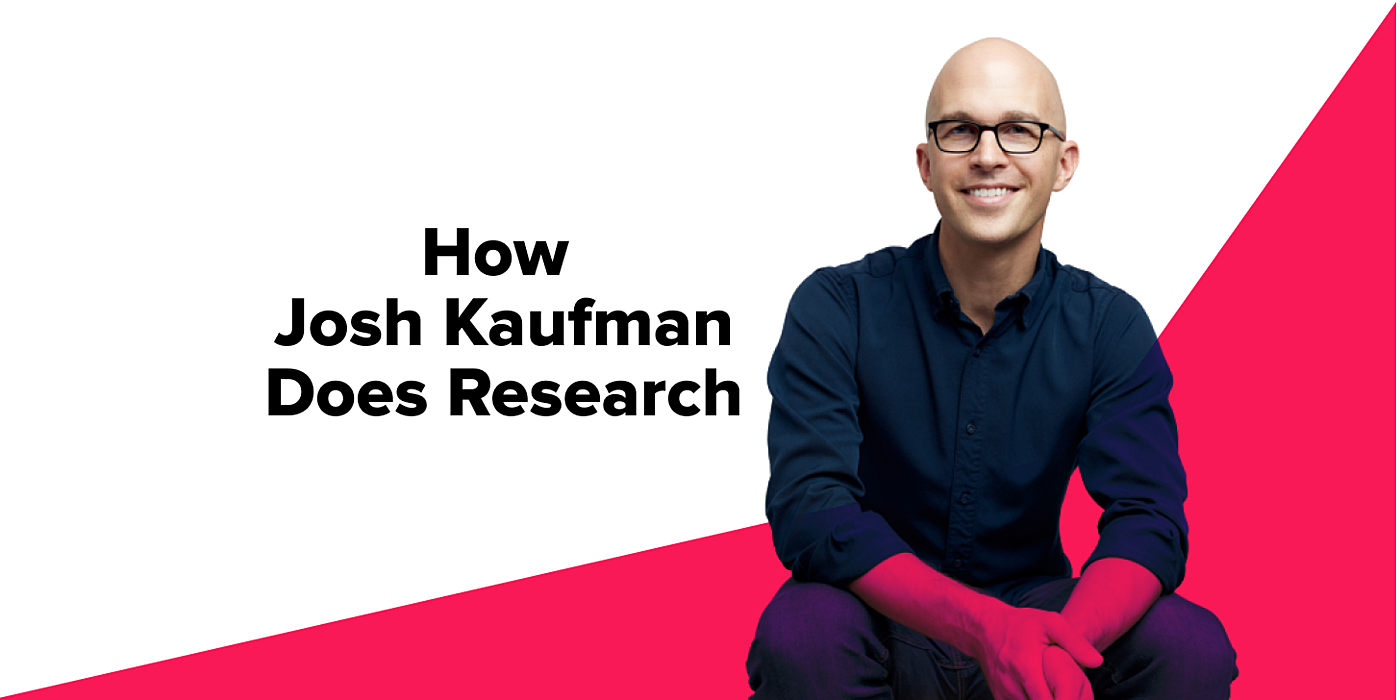
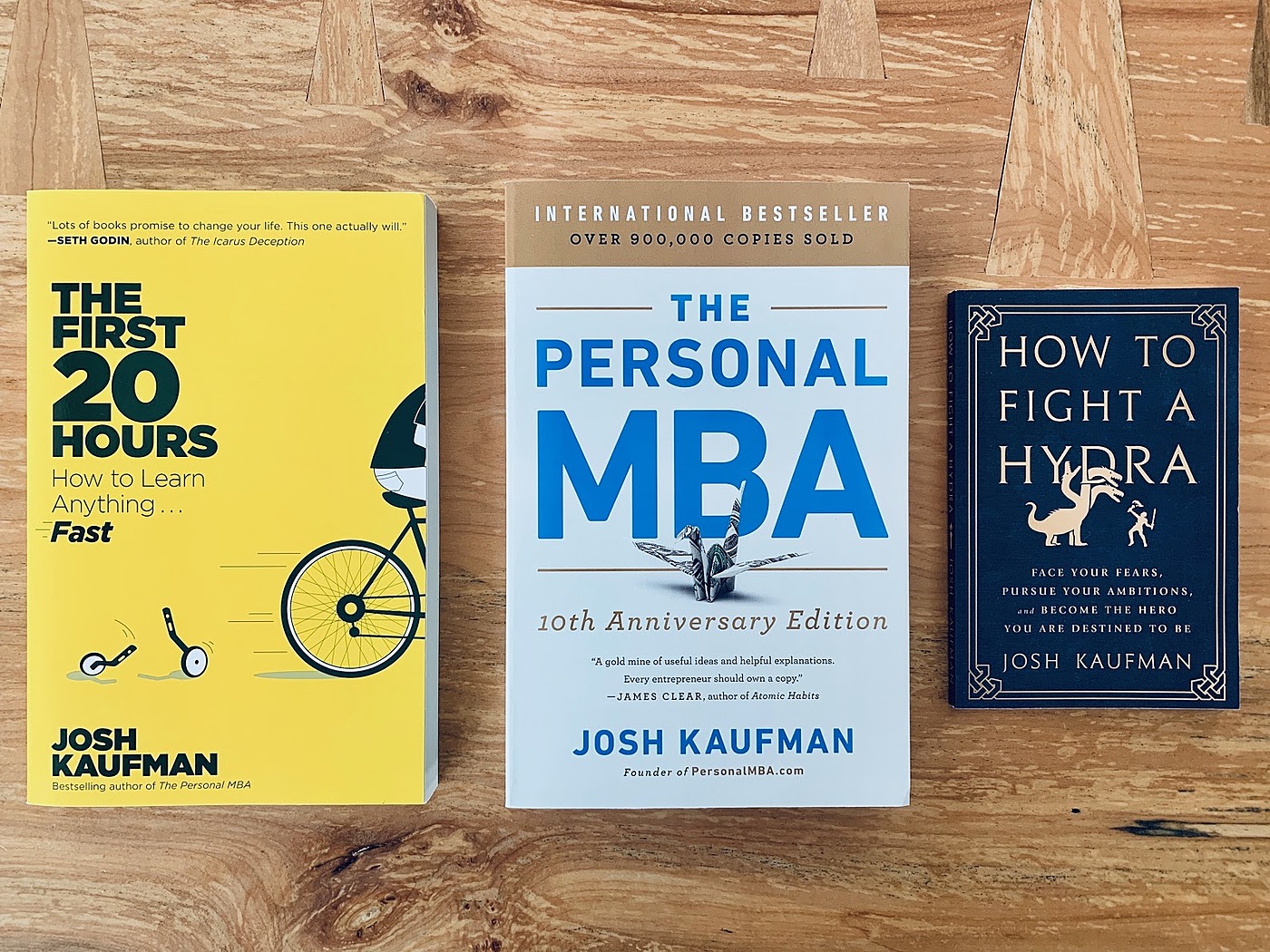
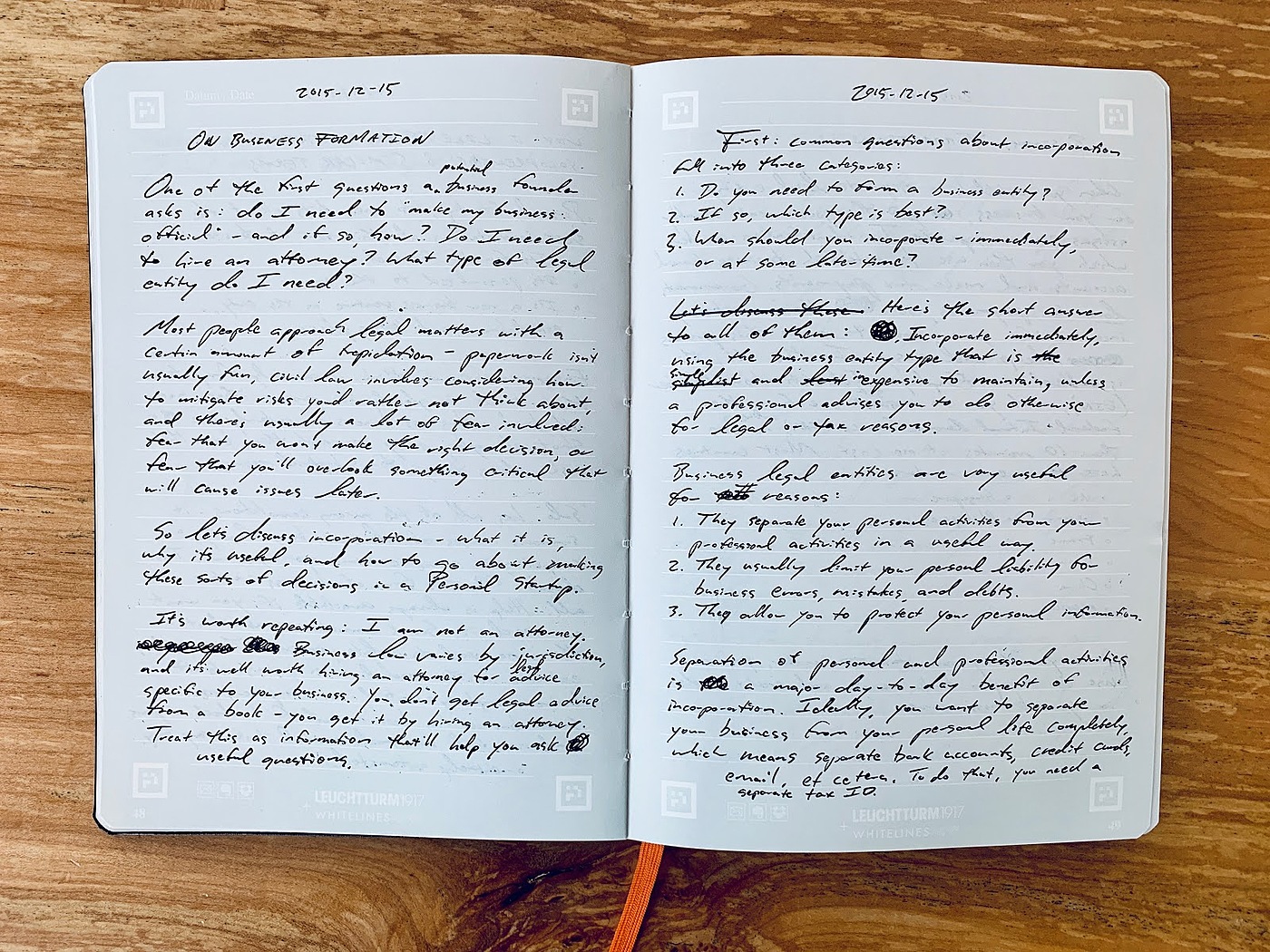
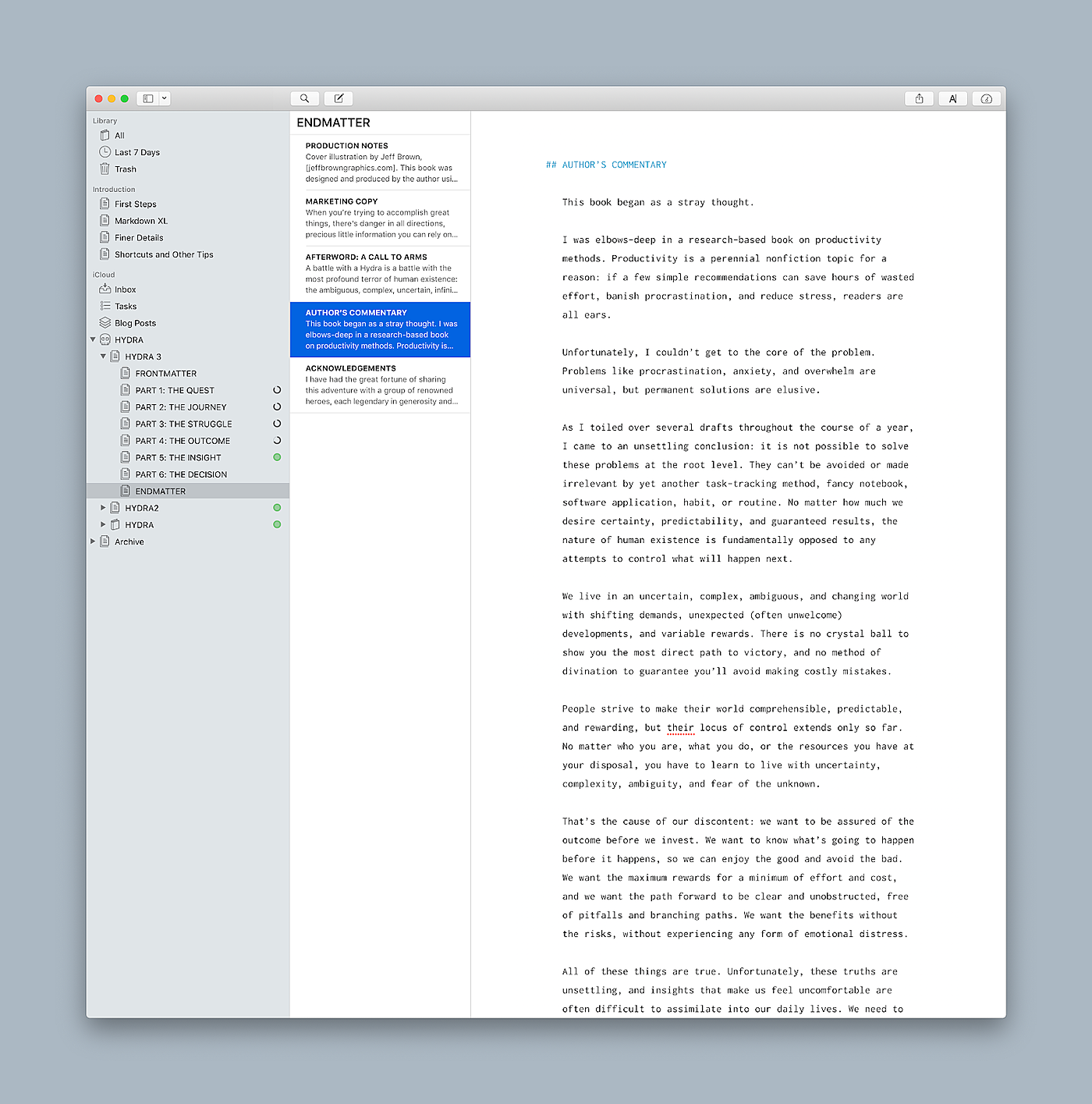
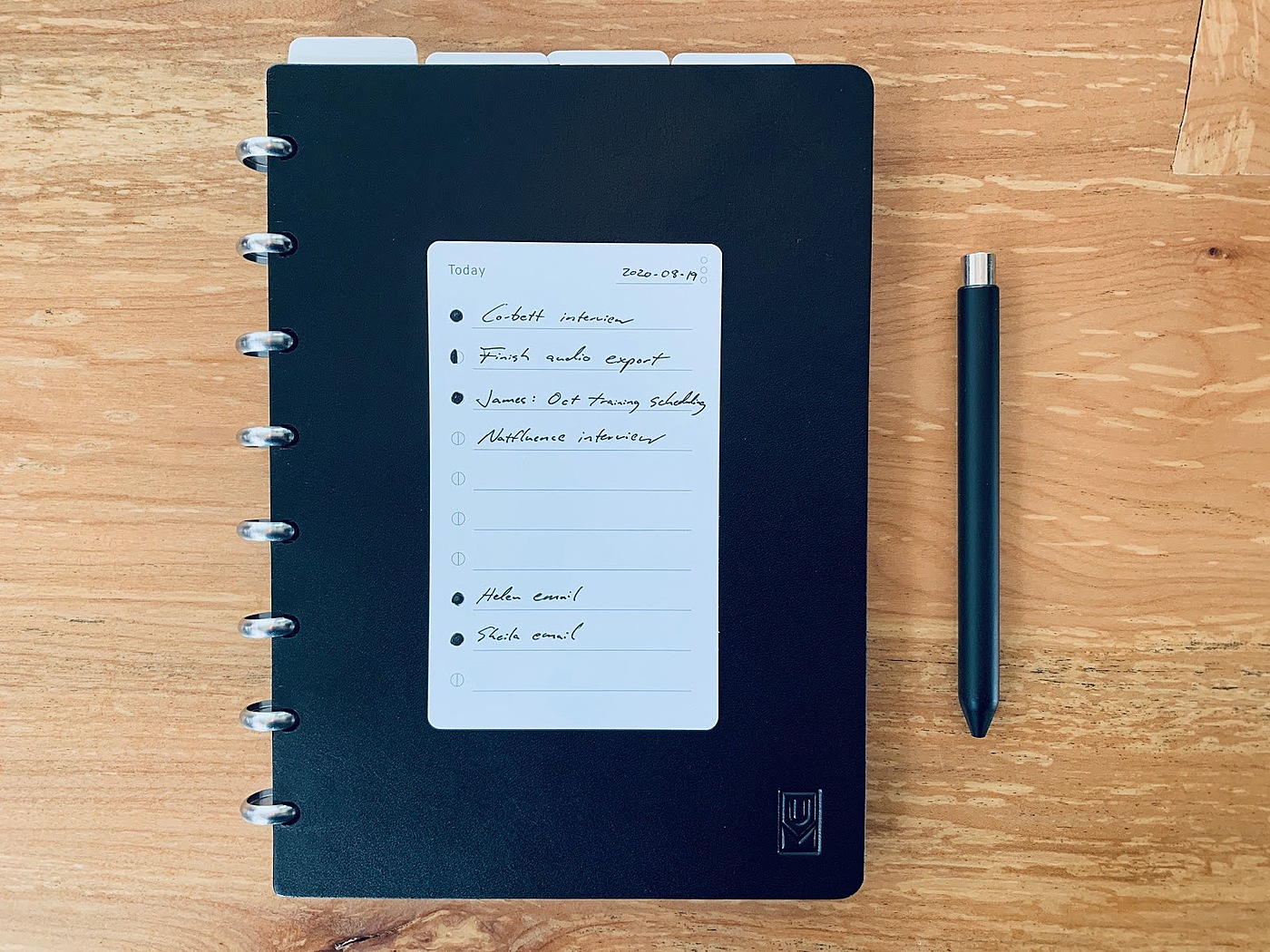
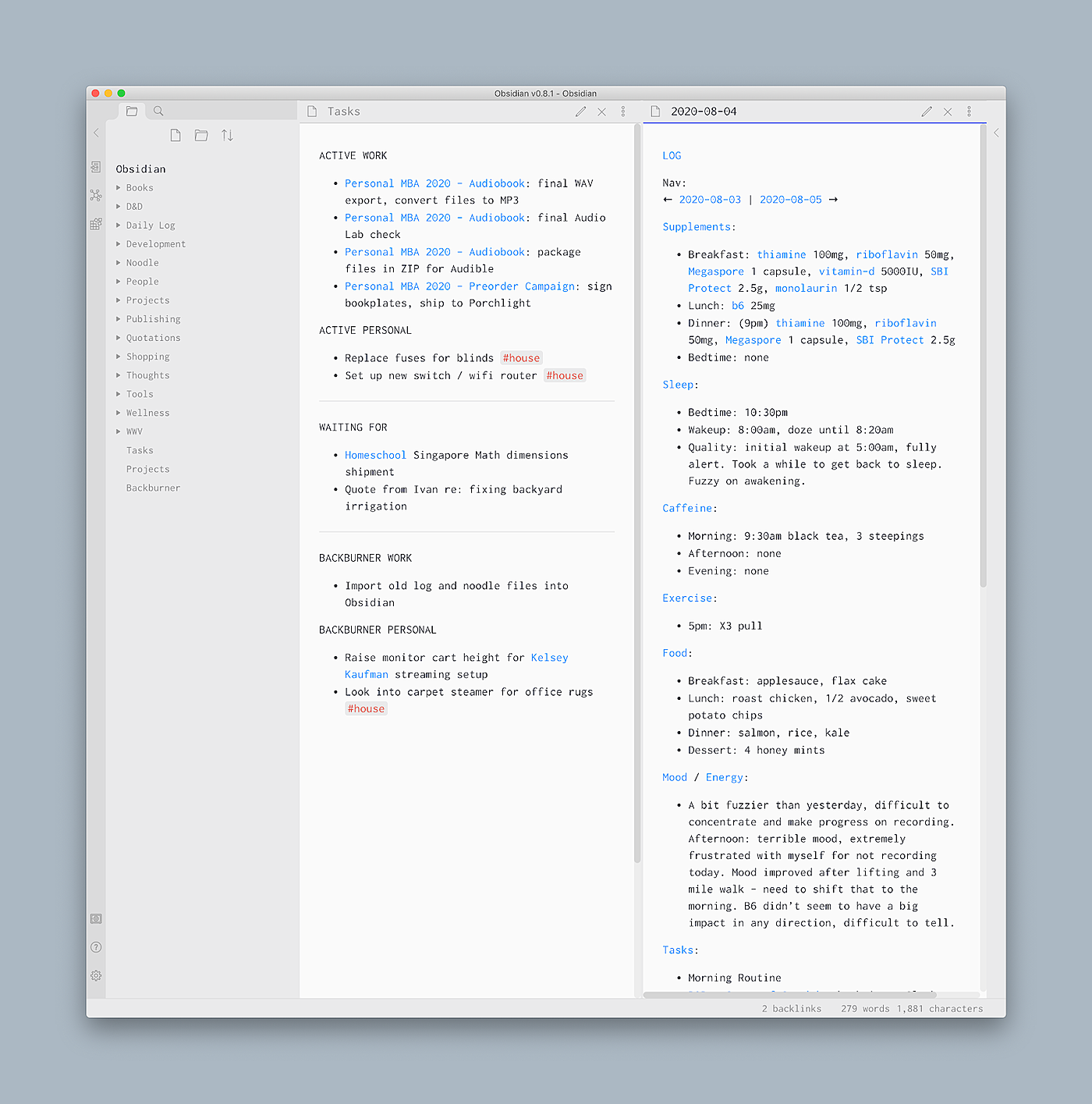
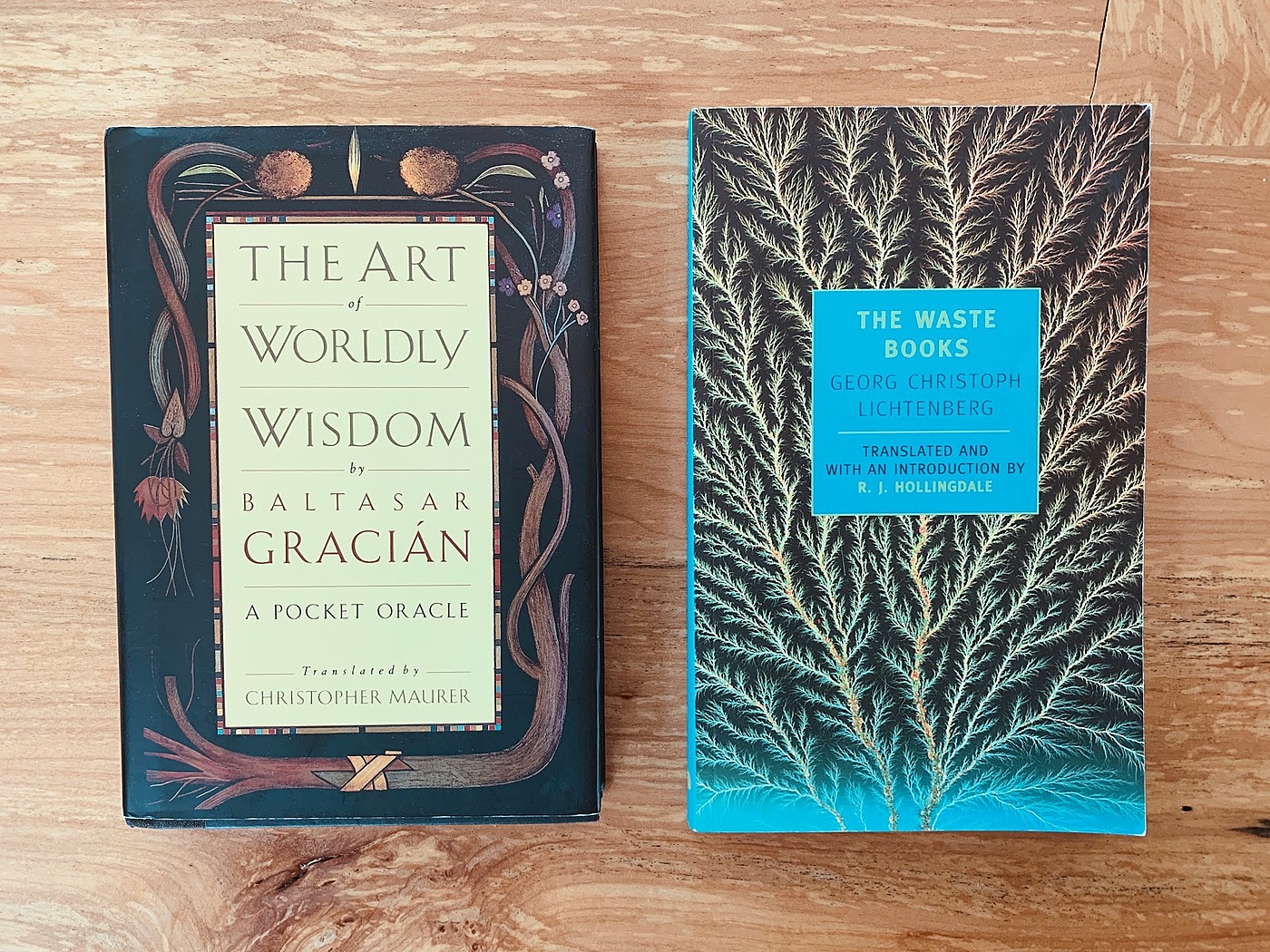


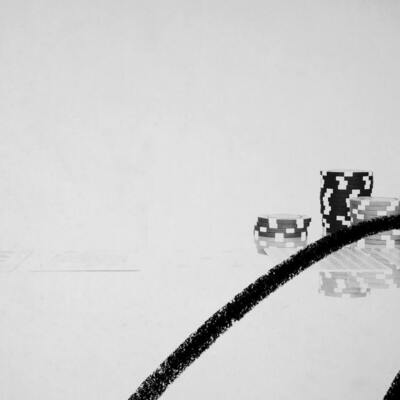
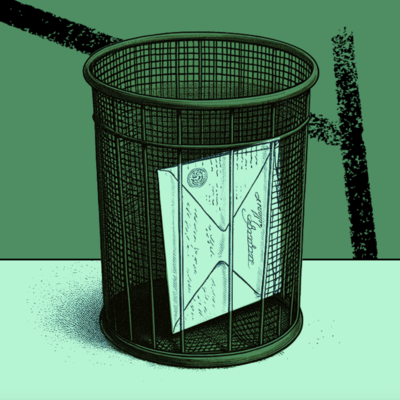

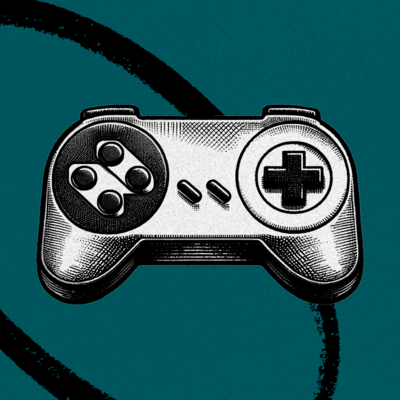
Comments